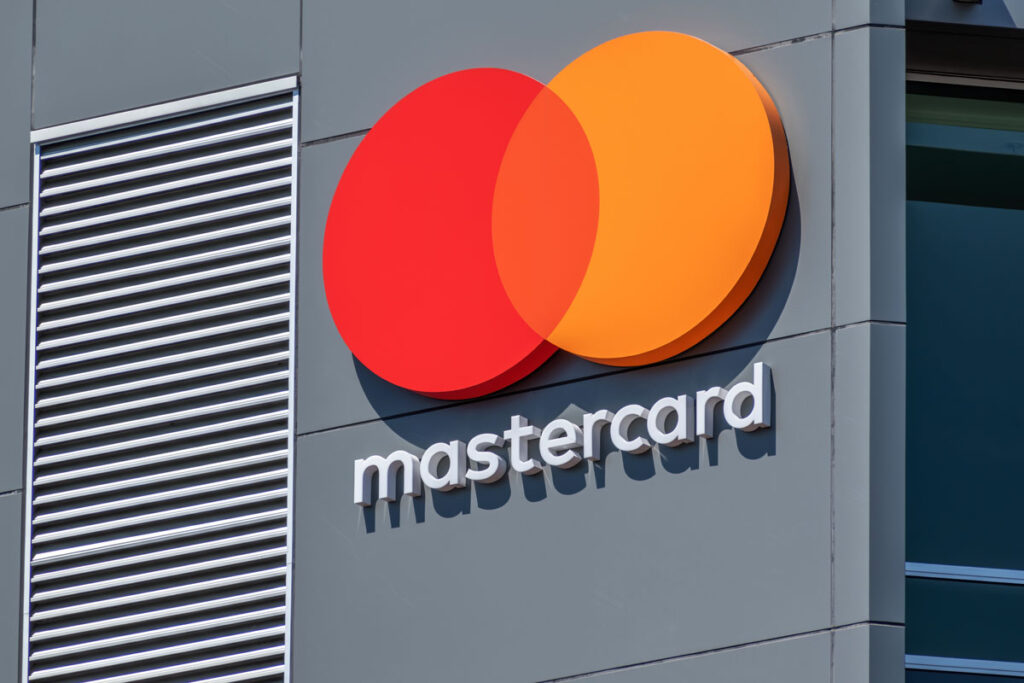Top Class Actions’s website and social media posts use affiliate links. If you make a purchase using such links, we may receive a commission, but it will not result in any additional charges to you. Please review our Affiliate Link Disclosure for more information.

Mastercard virtual wallet competition overview:
- Who: The Federal Trade Commission has ordered Mastercard to stop blocking the use of competing debit payment networks.
- Why: The agency says the practice is an illegal business tactic that hurts competition.
- Where: The order is active in the United States.
The Federal Trade Commission (FTC) has ordered an end to what it calls “illegal business tactics” that Mastercard has been using to force merchants to route debit card payments through its payment network, and is requiring Mastercard to stop blocking the use of competing debit payment networks.
Under a proposed FTC order, Mastercard will have to start providing competing networks with customer account information they need to process debit payments, reversing a practice the company allegedly had been using to keep them out of the ecommerce debit payment business, the commission said in a Dec. 23 statement.
The practice violated provisions of the 2010 Dodd-Frank Act, the FTC said.
“This is a victory for consumers and the merchants who rely on debit card payments to operate their businesses,” Director of the FTC Bureau of Competition Holly Vedova said.
Mastercard broke the law by blocking ecommerce transactions from going through alternative payment card networks, order states
According to the FTC, when a customer presents their debit card to make a purchase, the network transmits the payment information to the card’s corresponding bank for approval, and then transfers the payment approval or denial back to the merchant.
Payment card networks compete for the business of banks that issue cards and for the business of merchants that accept card payments. Mastercard, along with Visa, is one of the two leading payment card networks in the United States, the FTC said. The processing fees charged by networks total billions of dollars every year, it said.
“To spur more competition among payment card networks, Congress enacted a provision of the 2010 Dodd-Frank Act known as the Durbin Amendment, which required banks to enable at least two unaffiliated networks on every debit card, thereby giving merchants a choice of which network to use for a given debit transaction.”
Mastercard was flouting the law by setting policies to block merchants from routing ecommerce transactions using Mastercard-branded debit cards saved in e wallets to alternative payment card networks, including networks that may charge lower fees than Mastercard, the FTC alleged.
According to the FTC, Mastercard refused to provide conversion services to competing networks for remote ewallet debit transactions, thereby making it impossible for merchants to route their ewallet transactions on a network other than Mastercard.
Under the FTC consent order, when a competing network receives a token to process a debit card payment, Mastercard is required to provide them with the customer’s personal account number that corresponds to the token.
The order also bans Mastercard from taking any action to prevent competitors from providing their own payment token service or offer tokens on Mastercard-branded debit cards and requires Mastercard to comply with provisions of Regulation II.
Earlier this year, Costco closed out 17-year-old multidistrict litigation by reaching a deal with Visa, Mastercard, and several banks who were accused by the wholesale retailer of conspiring to charge merchants anti-competitively high transaction fees when consumers used their credit cards.
What do you think of this Mastercard order? Let us know in the comments!
Don’t Miss Out!
Check out our list of Class Action Lawsuits and Class Action Settlements you may qualify to join!
Read About More Class Action Lawsuits & Class Action Settlements:















4 thoughts onMastercard must allow competing options in virtual wallets
Mastercard refusal does need review & reimbursement,include me
Add me please
Add me please
I think we should be reimbursed because credit has charges… extra more then debit.